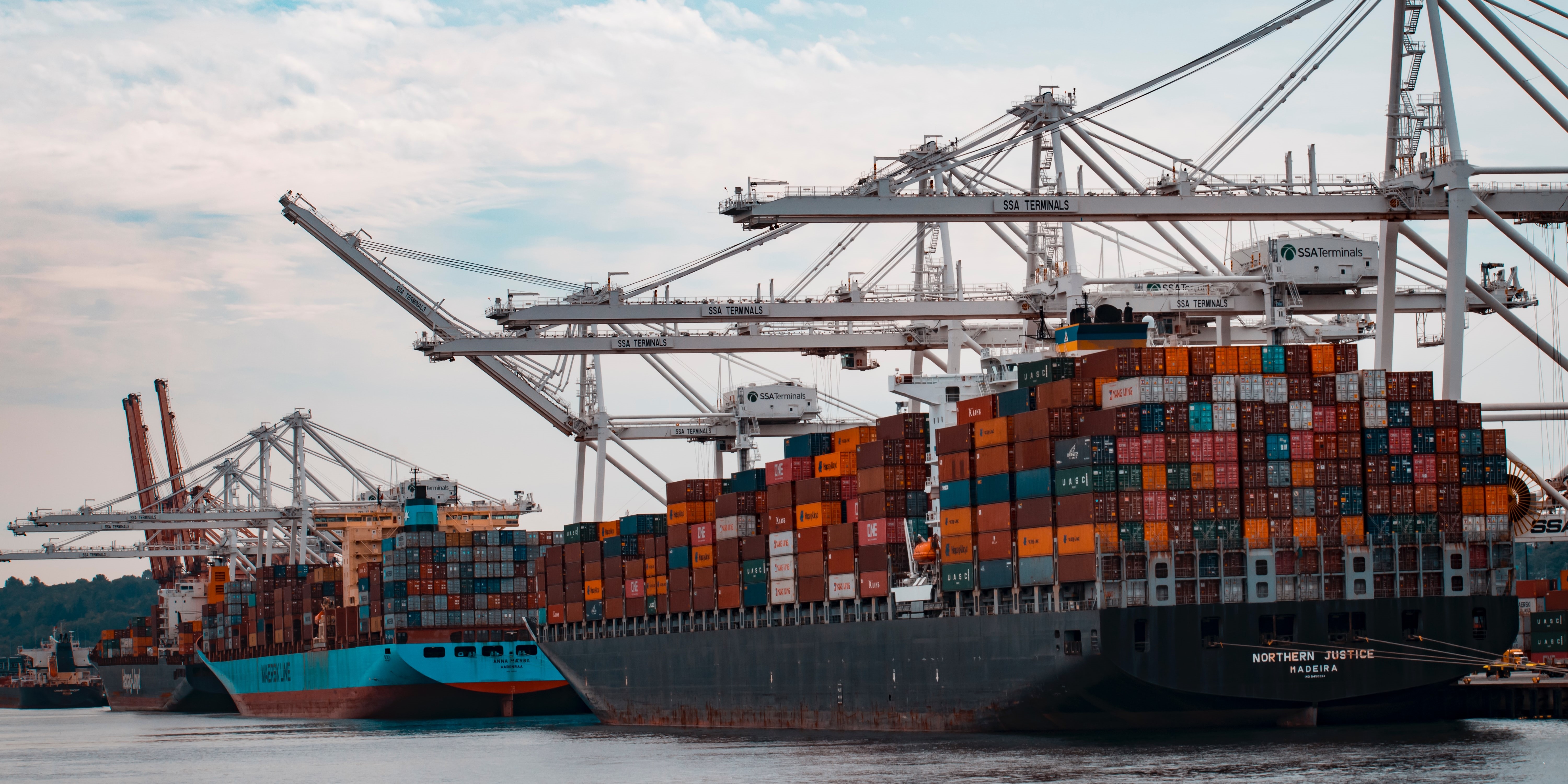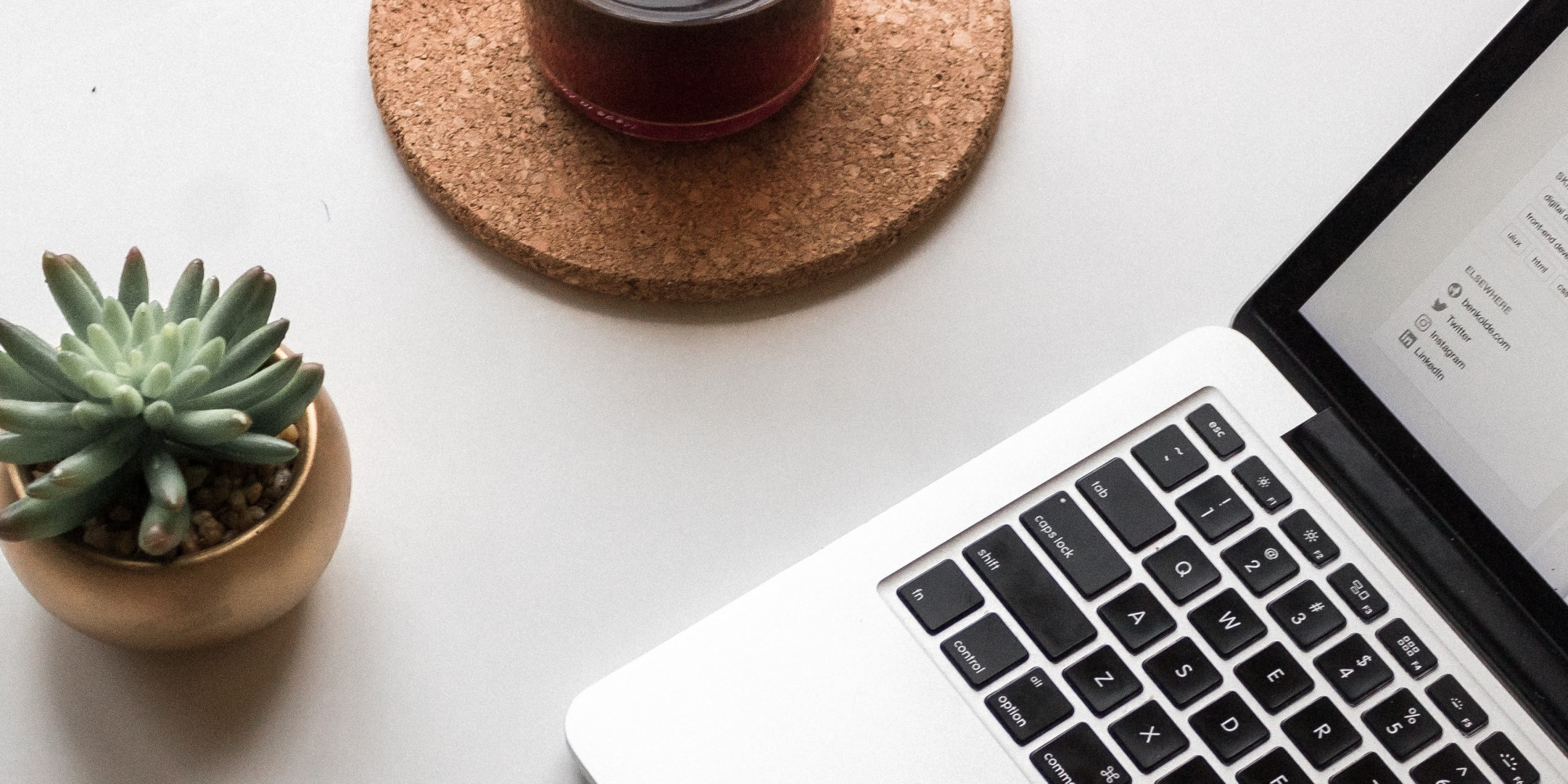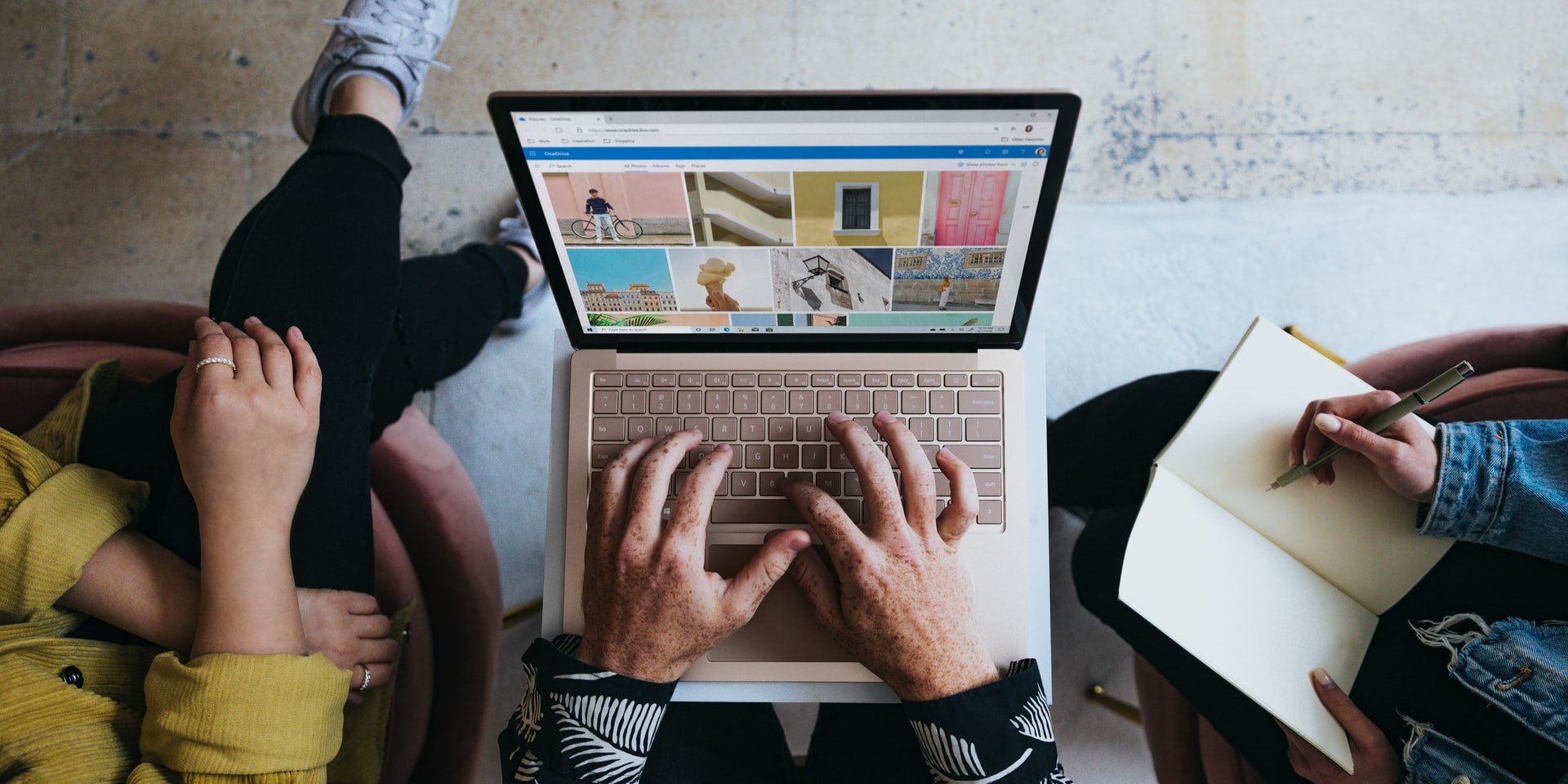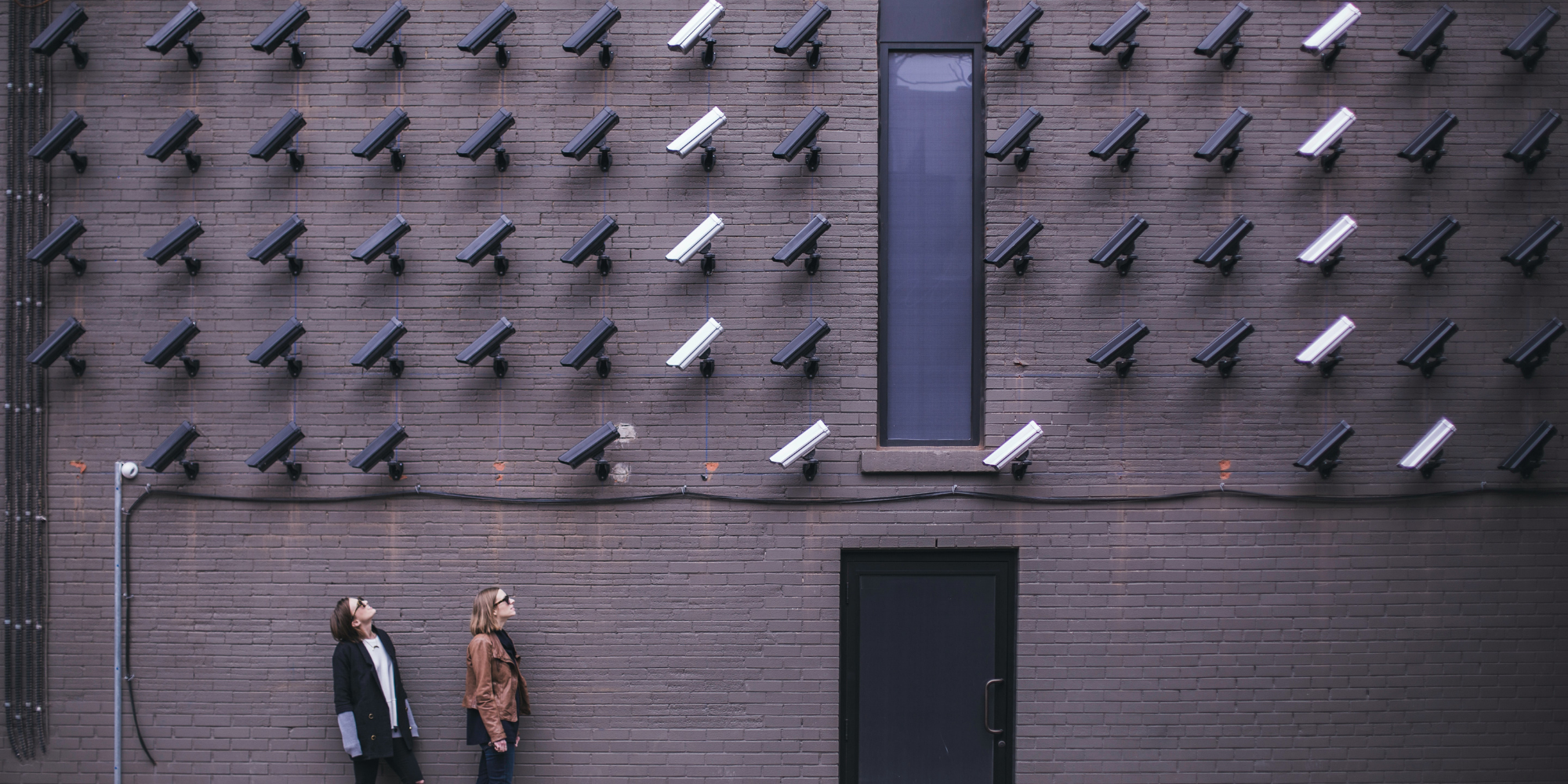How To Drive Profits Through Untapped Markets During A Recession.
ClickThrough's Head of International, Alison Booth, tells us how to increase your profits through untapped markets during a recession.
Read moreDiscover the latest international marketing news, from worry-free strategies for luxury brands to delivering helpfulness through your app.
What’s the latest news in the world of international marketing? In this update, I’ll be talking about the impact of COVID-19 on international markets around the world, from how coronavirus has affected economic growth in Ireland, to what companies should be doing to be there for their customers.
Now more than ever, people are turning to apps to stay healthy, productive, connected and informed, which means that companies are looking to adapt their app strategies to be there for their customers.
In his Think with Google blog post, Lowell Doppelt provides examples of “brands that have been successful in pivoting their app experience during the coronavirus situation to deliver the assistance users are seeking.” As part of his analysis, Doppelt notes how brands are:
As Down Dog Founder Carlos Ormachea notes:
“France, Italy, and Spain need a lot of help right now…and because we dynamically generate the content, it was relatively quick to translate all of it. More than 400,000 people have downloaded our app in those areas in the last few weeks.”
“Apps have long been powerful tools to connect people, build relationships, and drive loyalty. At a time when people are seeking reliable assistance and relevant information, be there with helpfulness and dependability they won’t forget.”
As marketers, we’re all aware of the impact the coronavirus pandemic has had on economic growth, and Ireland is no exception.
With a large proportion of economic activity coming to a standstill, the national unemployment rate has significantly increased to 5.4%, according to figures from the Central Statistics Office (CSO). Some of the most at-risk sectors, including retail, hospitality and construction, are expected to report up to 500,000 job losses before the end of April. Workers who can work remotely, such as those in financial services, are at a lower risk of losing their jobs, making them crucial for the Irish economy.
So, what does this mean for specific industries in Ireland? In his blog post on the impact of COVID-19 on economic growth in Ireland, Yusuf Allinson outlines the impact on automotive, retail, property and travel sectors:
With so much uncertainty currently surrounding COVID-19, retailers are facing many tough decisions. Whether it’s changing business hours, closing stores or protecting front-line employees, companies are aiming to ensure that public health is the cornerstone of their choices.
In their Google we Think article, Sarah Travis and Shankar Desai recognise that “many retailers are looking to their peers for how they can do more, especially since more than half of U.S. consumers want to hear how brands and companies are responding to the current situation.” They also note some of the ways they have seen retailers be there for their customers, employees and communities during this uncertain time:
As China begins to show signs of recovery, Chinese retailers and businesses are offering clues as to how certain smart moves can lead to fundamental market changes in the future. Prior to the coronavirus outbreak, economy narratives had been taken over by the “green economy”, aimed at reducing environmental risks and focusing on sustainable development without degrading the environment.
But what happened to the green economy as a result of coronavirus? In his blog post on what luxury brands can learn from China, Tanguy Laurent notes how:
“From a branding perspective, this was the existing context when COVID-19 struck, and venture capitalists had been looking for a branding revolution to tap into ecologically responsible business. But now, the current crisis has given birth to a new branding revolution — one that’s only hit China thus far and that few understand.”
This new branding revolution has come to be known as the “worry-free economy”, which focuses on unmanned delivery, enhanced online services, and friendlier offline touchpoints. But what are the ways that retailers are turning to worry-free strategies?
Are you considering a worry-free strategy? What are the values issued from it? Let us know by tweeting @clickthrough.
If you’d like to discuss any of the latest international marketing news included in this update, get in touch with our experts today.
More articles you might be interested in:

ClickThrough's Head of International, Alison Booth, tells us how to increase your profits through untapped markets during a recession.
Read more
Welcome to the latest round-up of all things digital. This is where we look at the latest updates in the world of PPC, SEO, Content and International...
Read more
Find out more about the latest updates in digital marketing. Featuring key updates from Google, demystifying meta descriptions, and checking in on...
Read more
Episode eight of The Assorted Digital Ramblings podcast is now out! Learn more about International Marketing with guest Alison.
Read more
In this week's International Marketing News, Andrea takes us through personalisation and privacy in retail and much more. Read on.
Read more
In this week's International Marketing News, Andrea takes us through new .au domain extensions, Bitcoin ATMs and more. Read on.
Read more
Join Andrea Diaz for this week's International Marketing news, covering walled garden investigations and more.
Read more
In the International Marketing News this week, Andrea Diaz takes us through the importance of implementing omnichannel strategies in 2022, Huawei...
Read more